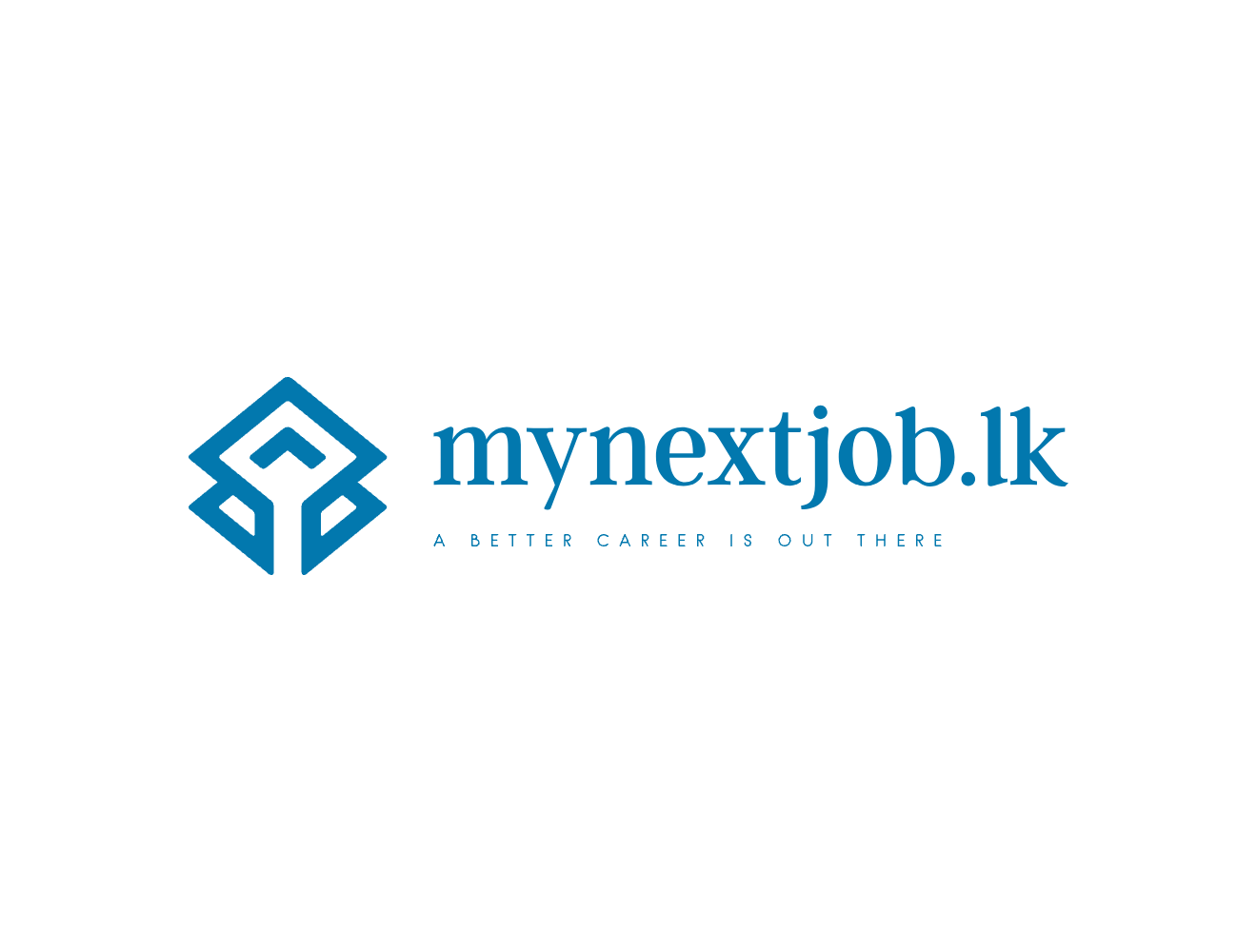Introduction to Corporate Culture and HR’s Role
Corporate culture encompasses the values, beliefs, behavioral norms, and organizational practices that define the environment within a company. It is a critical component that influences not just the internal functioning of the organization, but also its image to the outside world. Corporate culture can manifest in various forms, such as the way employees interact with each other, how decisions are made, and how the company responds to challenges and opportunities. At its core, corporate culture serves as the bedrock upon which organizational success is built, impacting everything from employee satisfaction to overall productivity and innovation.
The role of Human Resources (HR) in shaping and maintaining this culture is pivotal. HR acts as the custodian of the company’s values and beliefs, ensuring these are consistently communicated and integrated throughout the organization. By design, HR functions as a bridge between management and employees, helping to align the workforce with the company’s vision and mission. Through various initiatives – such as recruitment, training, and performance appraisals – HR actively cultivates a work environment that is conducive to achieving the organizational goals.
Effective human resource management entails more than just policy implementation; it requires a deep understanding of the unique cultural dynamics of the company. HR professionals are tasked with embedding the organization’s core values into everyday practices and behaviors, thereby fostering a collective identity among employees. This involves not only the strategic planning of workforce management but also necessitating a nuanced approach to handling interpersonal relations and addressing conflicts that might arise.
In summary, corporate culture is an essential driver of organizational success, and the strategic role played by HR in nurturing and sustaining this culture cannot be overstated. From facilitating communication to enhancing employee engagement, HR ensures that the corporate culture aligns seamlessly with the overarching goals of the organization, thereby fostering a stable and productive work environment.
HR Strategies for Developing Corporate Culture
Human Resource (HR) departments play an integral role in shaping and fostering a positive corporate culture within an organization. A comprehensive approach comprises several strategic initiatives, among which recruitment and onboarding stand out as foundational elements. The recruitment process should be designed to attract candidates who not only possess the required skills but also align with the company’s values and cultural ethos. Comprehensive onboarding programs help integrate these new hires into the corporate environment, immersing them in the organization’s culture from the outset.
One effective strategy is incorporating cultural values into ongoing training and development programs. When employees participate in training that emphasizes the company’s core values, they are more likely to internalize and exhibit those values in their daily activities. Continual professional development ensures that these cultural values remain at the forefront of employees’ minds, fostering a cohesive and motivated workforce.
Performance management systems also play a critical role in reinforcing the desired corporate culture. By setting clear expectations and rewarding behavior that aligns with the organization’s values, HR can encourage employees to embody the cultural tenets that define the company. This can be achieved through recognition programs, bonuses, or other incentive structures that highlight and reward desired behaviors and outcomes.
Internal communication strategies are essential for perpetuating cultural messages throughout an organization. Consistent and clear communication from leadership and HR helps to ensure that all employees understand and buy into the corporate culture. This could include regular newsletters, town hall meetings, and the use of social media platforms to promote cultural narratives and highlight success stories.
For instance, companies like Google and Zappos have cultivated strong corporate cultures by prioritizing cultural fit in their hiring processes, heavily investing in employee development programs, and maintaining transparent communication channels. These strategies have resulted in cohesive, innovative, and resilient organizations that serve as benchmarks for others aiming to develop their corporate culture.
Challenges and Solutions in Managing Corporate Culture
Managing corporate culture presents an array of challenges for human resources professionals. One significant hurdle is resistance to change. Employees typically experience apprehension and disruption when organizational shifts occur, making it challenging to implement new cultural initiatives. HR must work proactively to communicate the reasons behind changes, involve staff in the transition process, and reinforce the benefits to foster a smoother adaptation.
Cultural misalignment, particularly during mergers and acquisitions, poses another key obstacle. When companies merge, conflicting values, practices, and organizational cultures can surface, resulting in discord and decreased productivity. HR’s role includes conducting thorough cultural assessments and aligning the blended culture through strategic planning and consistent, transparent communication.
Diversity and inclusion (D&I) issues also sit at the forefront of contemporary organizational culture challenges. Ensuring a diverse workforce that feels included and valued can significantly enhance innovation and engagement. HR is essential in establishing comprehensive D&I policies, implementing unbiased recruitment processes, and providing continuous training to promote a respectful and inclusive culture for all employees.
With the rise of remote and hybrid work environments, maintaining a cohesive corporate culture becomes increasingly complex. Remote work can lead to feelings of isolation and disconnect from the corporate ethos. Therefore, HR must leverage technology to foster virtual engagement, create regular touchpoints through virtual meetings, and encourage a sense of belonging through online team-building activities.
Continuous assessment and feedback mechanisms are paramount to ensuring the long-term health and evolution of corporate culture. By implementing regular surveys, focus groups, and open forums, HR can gauge employee sentiment and identify areas for improvement. This continuous feedback loop enables organizations to adapt their cultural strategies dynamically, ensuring sustained alignment with organizational goals and employee wellbeing.
The Long-term Benefits of a Strong Corporate Culture
In today’s business landscape, the significance of a well-nurtured corporate culture cannot be overstated. Under the stewardship of Human Resources (HR), a robust corporate culture fosters an environment where employees feel engaged and satisfied, significantly impacting the overall productivity and performance of the organization. Companies that prioritize strong organization culture often see long-term benefits that ripple across various facets of their operations.
One of the most notable advantages is improved employee engagement and satisfaction. Employees who work in a positive and inclusive culture are more likely to be dedicated to their roles and exhibit higher levels of morale. This engagement boosts productivity, as content and motivated employees are naturally more inclined to contribute effectively to the organization’s goals. For instance, studies indicate that companies with highly engaged employees outperform their peers by up to 202% (Gallup, 2020)
Higher retention rates are another critical benefit. Effective human resource management aligns the organization’s goals with employee aspirations and professional development. This alignment minimizes turnover rates, as employees are more likely to remain loyal to an organization that invests in their growth and well-being. Reduced turnover not only saves costs associated with recruitment and training but also preserves institutional knowledge, further bolstering the organization’s stability and efficiency.
A compelling corporate culture also plays a pivotal role in attracting top talent. Prospective employees often seek out companies known for their positive work environment and values. As a result, organizations with strong cultures have a competitive edge in the talent market, allowing them to attract and retain high-caliber professionals who drive innovation and success.
Furthermore, a robust corporate culture enhances the company brand. Customers and clients are increasingly inclined to engage with businesses that demonstrate strong ethical values and a commitment to their workforce. This positive perception can lead to higher customer satisfaction and loyalty, directly impacting the organization’s financial performance. Real-life examples abound, such as Google, renowned for its unique culture, which has been essential in making it a leader in the tech industry.
In summary, the long-term benefits of a strong corporate culture, meticulously managed by HR, extend far beyond employee well-being and satisfaction. They encompass heightened productivity, improved talent retention, innovation, and stronger financial performance, making it an invaluable asset for any forward-thinking organization.








